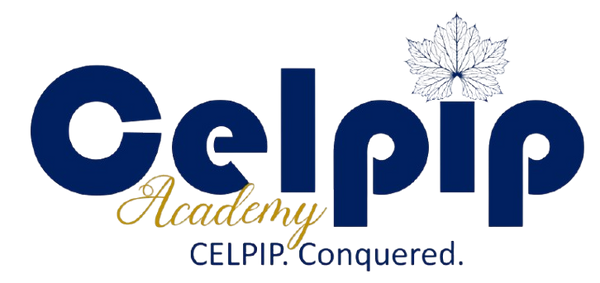
The 5 Worst Interview Mistakes ESL Learners Make (And How to Fix Them)
Share
That awkward moment when you say "I’m demanding this position" (instead of seeking)?
Or when your careful answer gets met with a confused smile?
Interviews test more than your English – they test cultural fluency. Make these mistakes, and even brilliant candidates get rejected:
💥 Mistake 1: The Direct Translation Disaster
💥 Mistake 2: The Modality Misfire
💥 Mistake 3: The Silent Treatment
💥 Mistake 4: The Overcorrection Oscars
💥 Mistake 5: The Culture Clash Catastrophe
The 5 Deadly Errors (And How to Recover)
1. "I Have 10 Years’ Fabric Experience" (False Friends)
- Problem: Direct translations like fabric (for textile) or sensible (for sensitive)
- Fix: Memorize 10 industry-specific false friends for your field
2. "I Would Do That" vs. "I Will Do That" (Modals Matter)
- Problem: Overusing would/could makes you sound uncertain
- Fix: Swap "I would try" → "I’ll implement" for leadership tone
3. The 5-Second Silence Spiral
- Problem: Pausing to translate = dead air
- Fix: Buy time with "That’s an important question. Let me consider..."
4. "My Greatest Weakness? I Work TOO Hard!" (Overpolished Lies)
- Problem: Scripted answers sound robotic
- Fix: Share real weaknesses with solutions: "I’m improving at delegating by..."
5. The Handshake Horror (Cultural Missteps)
- Problem: Wrong eye contact/greetings for the country
- Fix: Research local norms (Canadian vs. Australian vs. UK interviews differ!)
The Interview Savior Phrasebook
| Situation | What NOT to Say | Professional Alternative |
|---|---|---|
| Strengths | "I’m very intelligent" | "I analyze problems strategically" |
| Weaknesses | "Sometimes I’m late" | "I’m refining my time-blocking system" |
| Salary | "I want more money" | "Based on my X skill, I’m seeking..." |
Pro Tip: Record mock interviews to catch tone issues (rising endings sound unsure).
Vocabulary Builder (B1/B2 Level)
-
Faux pas (n.) – Social mistake
Example: "Not shaking hands was a serious faux pas." -
Modality (n.) – Use of modal verbs (would/could/should)
Example: "Strong modality shows confidence in interviews." -
Delegate (v.) – Assign tasks to others
Example: "Managers must learn to delegate effectively." -
Refine (v.) – Improve something small
Example: "She’s refining her presentation skills." -
Strategic (adj.) – Planned for maximum effect
Example: "Use strategic vocabulary to impress interviewers."
Activity: Rewrite these weak phrases stronger:
- "I would help customers"
- "I’m good at Excel"
- "Sometimes I have problems with deadlines"
